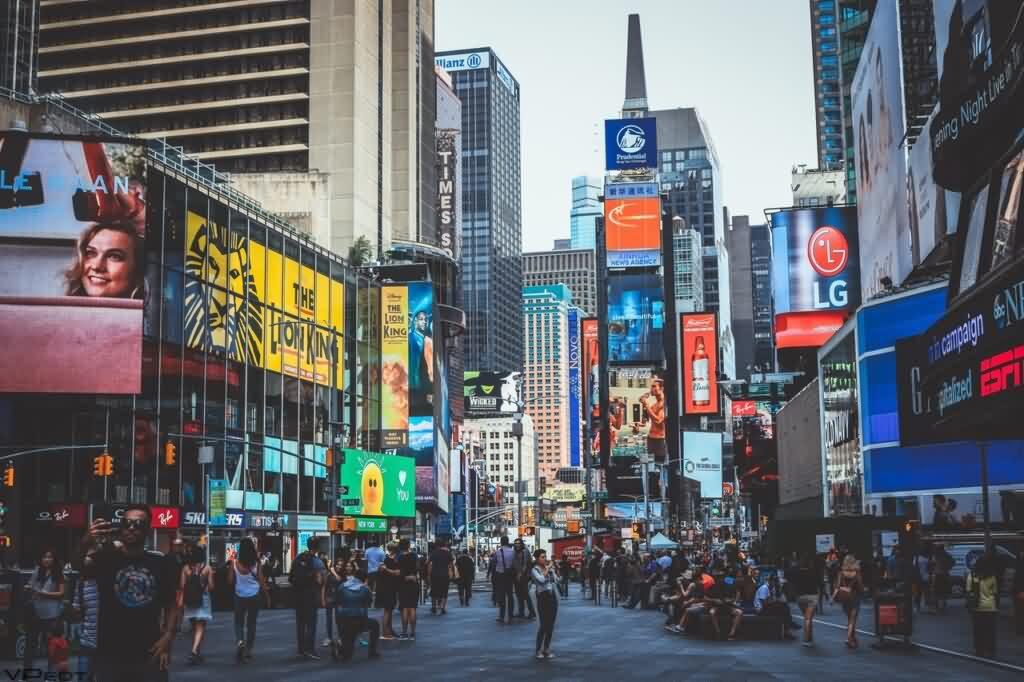New York To Reform Laser Hair Removal Licensing
The COVID-19 pandemic devastated grooming services like barber shop, hair salon, and beauty spa. Many laser hair removal clinics had to close down, despite it has been a popular cosmetic treatment in the U.S.
Unlike a dye, makeup, or lotion, laser hair removal crossed the line between beauty care and clinical surgery. Moreover, it also related to side effects that put your health in risk.
In the big apple, you can find one laser hair removal parlor on almost every street before the pandemic. The service was well-known to young people because of digital advertising. What is unknown to them is that New York is the only state where a license in not required for laser hair removal. Practitioners without training can lead to skin discoloration, burns or worse.
The lack of laser hair removal laws

Most states prohibit laser treatment without the supervision of a medical professional. The rest implemented other forms of regulations such as assembling professional boards. But in New York, it was like the wild west. The good news is: the state legislation has proposed a new bill. Licensing and training requirements are now on the agenda of the state legislature.
Although the good news might have arrived at a bad time. That is because taking training courses raised the overhead cost. Parlor owners that survived a year of business lockdowns fear new financial burdens. Complying with expensive regulations is like the final nail in the coffin.
Before COVID-19, hundreds beauty salons or spas offered laser hair removal in New York. Although the exact number is unavailable due to the intimate nature of service. In New York City, many are storefront setups, some family-run and others franchised. Doctors like dermatologists and plastic surgeons also perform the procedure in their clinics.
The reform is a result of industry infighting and false starts. The new law would force salons and practitioners be licensed by the state. It mandates state-approved training, examinations and continuing certification by an accredited professional board. Laser use must be performed under the “direction and supervision” of licensed physicians. Although, the presence of a doctor is not required for every procedure. Except registration fees, owners must hold at least $1 million liability insurance policy.
The last clause may help drive out less competent services, according to salon owners, medical experts and attorneys.
Continue reading: Laser Hair Removal Laws and Regulations by State
Laser lawsuit is on the rise

Lawsuits filed against laser services in the past build a strong case for the reform.
Allegations include “sustained serious burns” to the more common “permanent scarring and discoloration.” But the lack of regulation in New York caused poor record-keeping of bad outcomes. Personal injury lawyers contend the suits that do get filed are the tip of an iceberg.
Personal injury cases occurred on contingency. So lawmakers must weigh the cost of damage against the gain of business opportunity. If a service provider has no insurance, even a seriously injured person might never collect. As a result, months of legal work would go uncompensated.
We already knew that New York is one of the more regulated states. But its failure to regulate the use of dangerous equipment might seem surprising. The problem starts from an attempt by the state to prosecute an aesthetician for practicing medicine in 1935.
When laser hair removal debuted in the late 1990s, many state medical boards consider it as medical procedure. Most states define medical procedure as anything that affects living tissue.
Laser hair removal controversy

Dr. Richard Rox Anderson is a professor of dermatology at Harvard Medical School. He discovered that lasers of certain wavelengths can target specific types of chromophore. Melanin is the chromophore in hair cells. Lasers can penetrate skin and burns out the basal stem cells inside of hair follicles.
Anderson’s discovery later became became the permanent solution for hair reduction. In 1996, he treated patients who had hypertrichosis or hirsutism. These patients had excessive hair growth on abnormal locations. The symptom may occur on more-exposed areas such as the face, chest, and back. It also appears on less-exposed locations like armpits, genital, nasal or perianal skin. Medications, hormones, malnutrition, tumors, or metabolic maladjustment are the main causes of hirsutism.
In New York, the laser service industry has opposed efforts to classify it a medical practice. Attempts to pass a law requiring non-medical training, as the state does for services ranging from haircuts to waxing, have also failed. A 2017 bill that would have established a professional license was stop by doctors. Because they thought its results were inconsistent among patients.

Then in 2019, tides began to turn. The Medical Society of the State of New York withdrew its opposition to the use of lasers for hair removal by a plastic surgeon. But here is the caveat. The person was a former president of Westchester County, New York’s medical society.
The best, safest option now is a 700-800 nm laser device, which is best for skin in the middle of the color spectrum. But despite different lasers being best-suited for only a skin type, the FDA has cleared all lasers for use on all skin types. Although, using the wrong laser can at best fail to prevent hair growth, and at worst cause injury.
The law reform aims at driving out the worst offenders. But it is unlikely to render the business free of accident, industry experts said. Consumers should be aware of unethical owners who take risks with faulty devices to offer cheaper service. Moreover, they should watch out for doctors who offer the service to boost profits.
